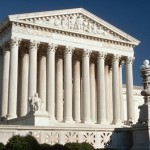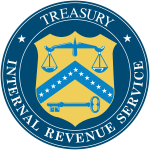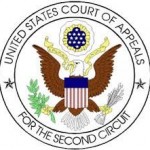 In a unanimous decision, the U.S. Supreme Court upheld the integrity of IRS summons enforcement proceedings. In United States v. Clarke, 573 U.S. (No. 13-301, June 20, 2014), the high court rejected the IRS position and held that a taxpayer has the right to conduct an examination of IRS officials regarding their reasons for issuing a summons when the taxpayer shows facts raising a plausible inference of bad faith.
In a unanimous decision, the U.S. Supreme Court upheld the integrity of IRS summons enforcement proceedings. In United States v. Clarke, 573 U.S. (No. 13-301, June 20, 2014), the high court rejected the IRS position and held that a taxpayer has the right to conduct an examination of IRS officials regarding their reasons for issuing a summons when the taxpayer shows facts raising a plausible inference of bad faith.
The IRS sought to disregard taxpayer affidavits attesting that the IRS issued the summonses to punish the taxpayer for refusing to extend the statute of limitations and that the summons enforcement action was designed to evade limitations on Tax Court discovery. The IRS characterized the taxpayer’s claims as bare assertions.
For more about the underlying matter and the parties’ positions, please see our article in the current issue of the Federal Lawyer: Bare Assertions, Naked Allegations, & Improper Purposes.
The Supreme Court rejected the IRS arguments and established the appropriate standard for reviewing the proper purpose required to enforce an IRS summons. The Court ruled that the taxpayer is entitled to examine an IRS agent as part of a summary enforcement proceeding when the taxpayer “can point to specific facts or circumstances plausibly raising an inference of bad faith.” Stated differently, “the taxpayer need only make a showing of facts that give rise to a plausible inference of improper motive.”
Though the Court dismissed the IRS arguments, it also found the intermediate decision of the 11th Circuit in favor of the taxpayers lacking. The Supreme Court found the 11th Circuit’s brief opinion potentially too far ranging in its result and remanded the matter for a more specific findings on the errors adduced to the district court. It also suggested that certain legal issues discussed in the district court opinion, specifically those related to the interplay between summons enforcement and Tax Court discovery, might be subject to review by the 11th Circuit. So while the taxpayer has secured a certain victory, there likely will be more clarification to come on this issue.
Read the U.S. Supreme Court’s opinion here:
U.S. v. Clarke, 573 U.S. ___ (No. 13-301, June 20, 2014)
 The IRS recently revised and updated the 2012 Offshore Voluntary Disclosure Program. The modified program takes effect on July 1, 2014 and provides streamlined procedures and reduced penalties for U.S. taxpayers with foreign bank accounts.
The IRS recently revised and updated the 2012 Offshore Voluntary Disclosure Program. The modified program takes effect on July 1, 2014 and provides streamlined procedures and reduced penalties for U.S. taxpayers with foreign bank accounts.


